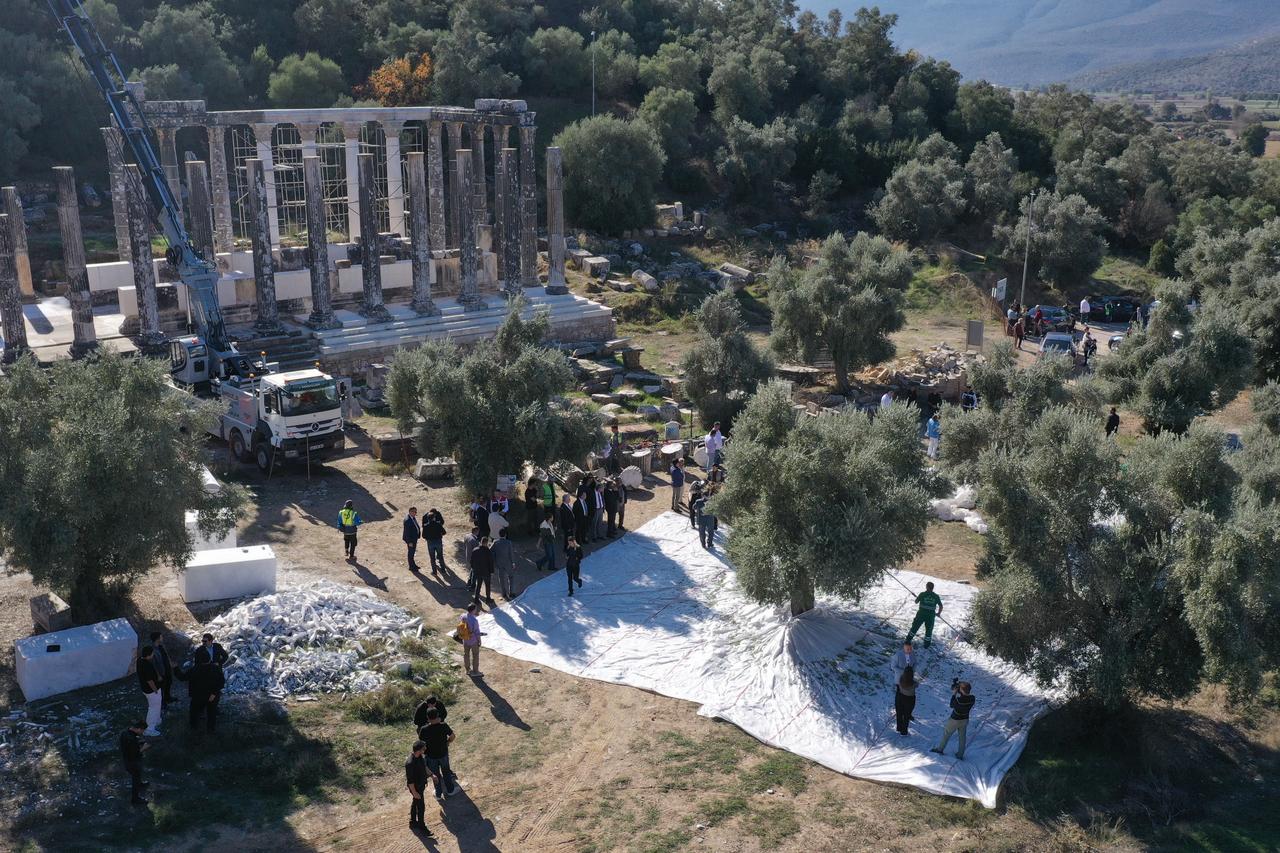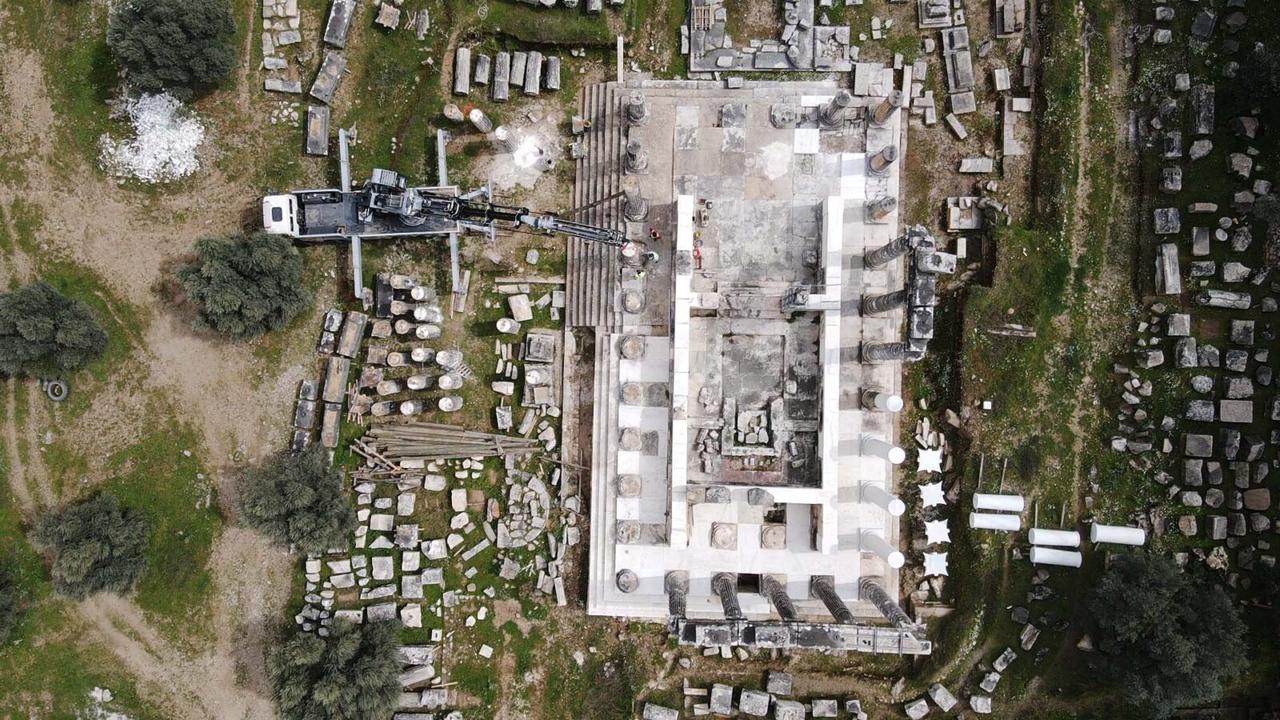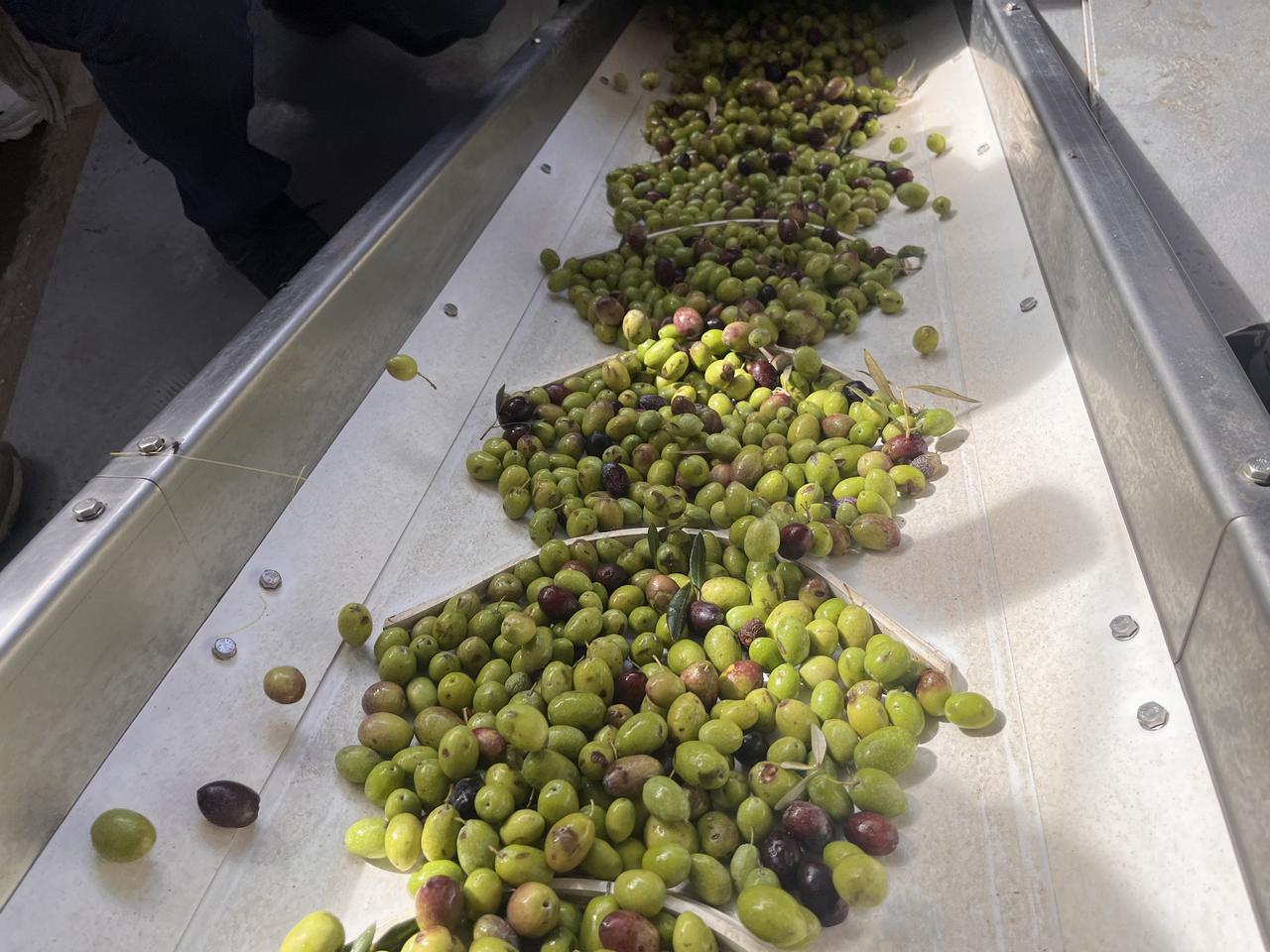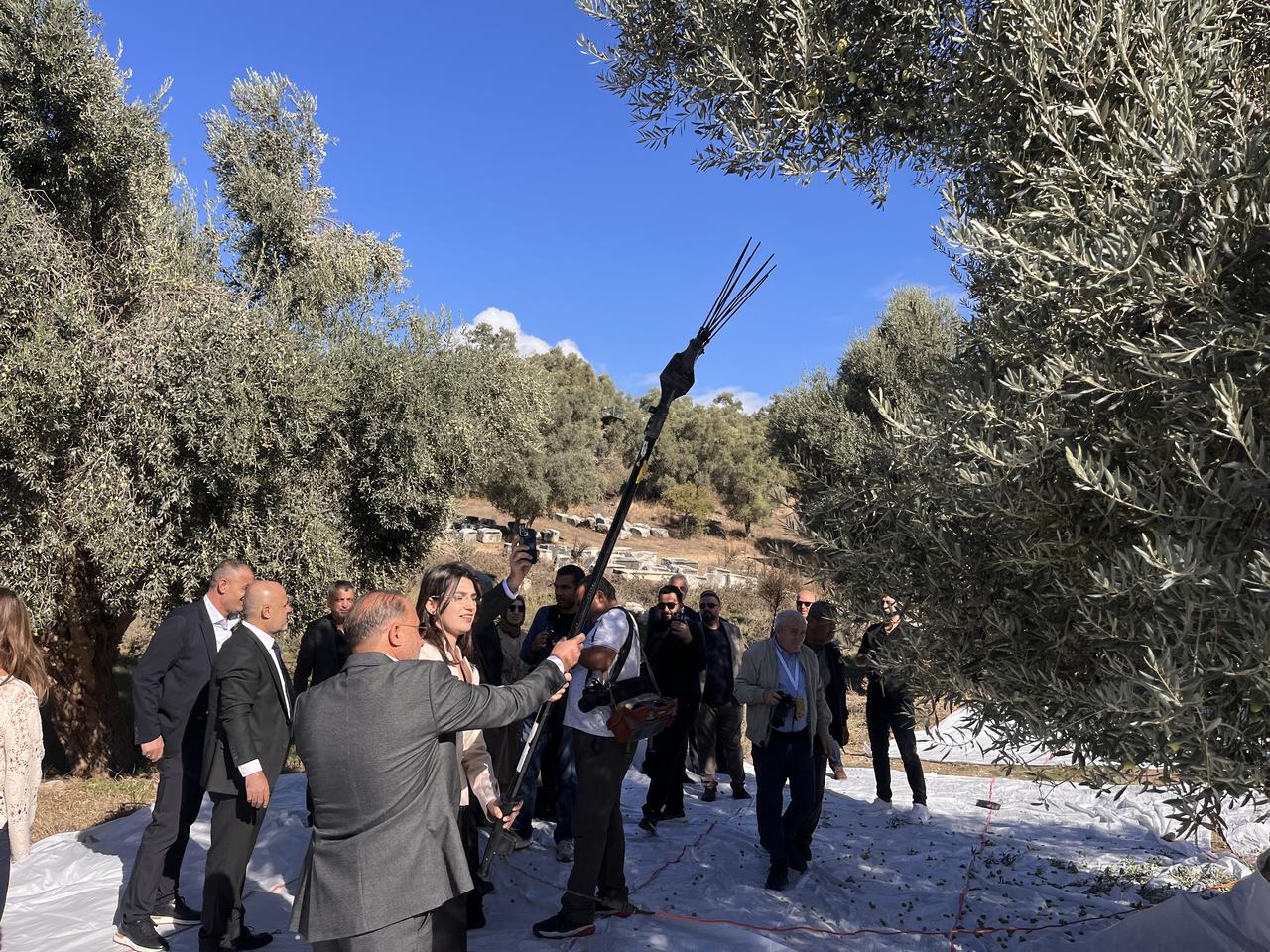
Milas, an agricultural treasure in southwestern Türkiye, staged the signature harvest event of its 11th International Milas Olive Harvest Festival amid the ruins of the ancient city of Euromos, turning centuries-old groves into a living classroom for quality oil production.

The festival chose Euromos, an archaeological site known for monumental remains, to underline how olive cultivation reaches far back in the region’s memory.
Local officials noted that Milas hosts nearly 14 million olive trees and, based on age assessments, includes specimens as old as 3,200 years, which anchors today’s production in an exceptionally long tradition.

Participants used mechanical harvesters to shake olives from the trees, gathered the fruit in plastic crates, and moved it directly to a mill for pressing.
The oil was produced by “cold pressing,” a mechanical extraction carried out at low temperatures to preserve aroma and freshness, and then offered to guests for tasting.
Alongside the tasting, experts delivered a short briefing on what defines high-quality olive oil and guided visitors through a structured tasting to help them identify freshness and balance.

Milas District Governor Mustafa Unver Boke said the harvest was brought to Euromos precisely because the olive has a deep past in the district.
He added that “EU-labeled Milas olive oil and Milas olive cultivation are rising to a better position day by day,” describing olive growing in Milas and Mugla as a culture as much as an economic activity and calling the region’s olive and olive oil a product he would recommend to everyone.
Resit Ozer, head of the Milas Chamber of Commerce and Industry, said recent developments have put Milas olive cultivation on the offensive and turned the district’s olives into a sought-after brand abroad.
He underlined that the region has seen encouraging steps in olive oil production and that training programs, producer support, and growing investor interest have helped both Milas olives and olive oil win stronger demand.